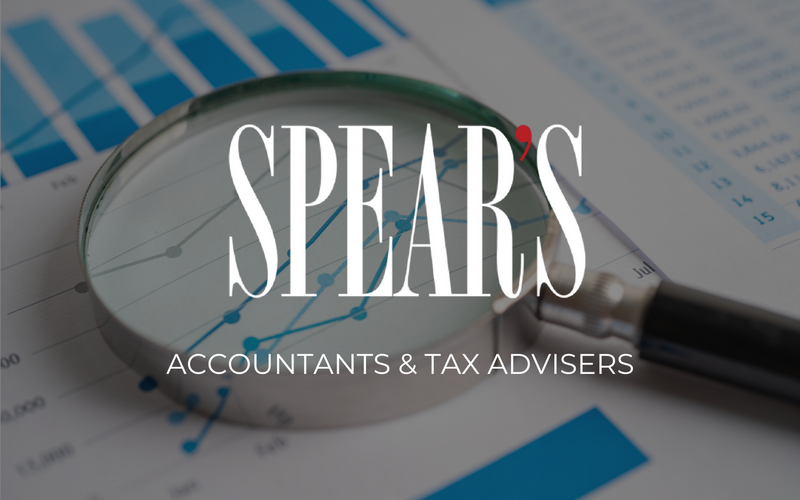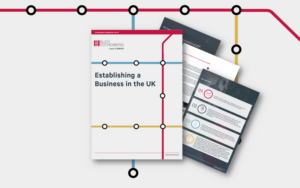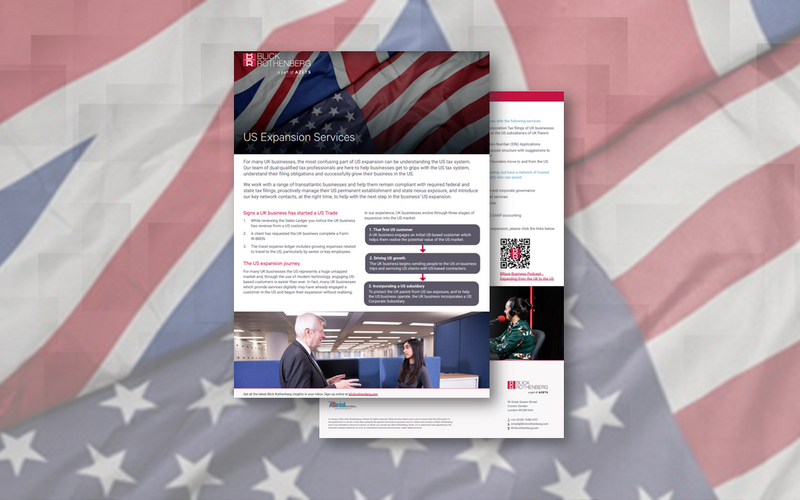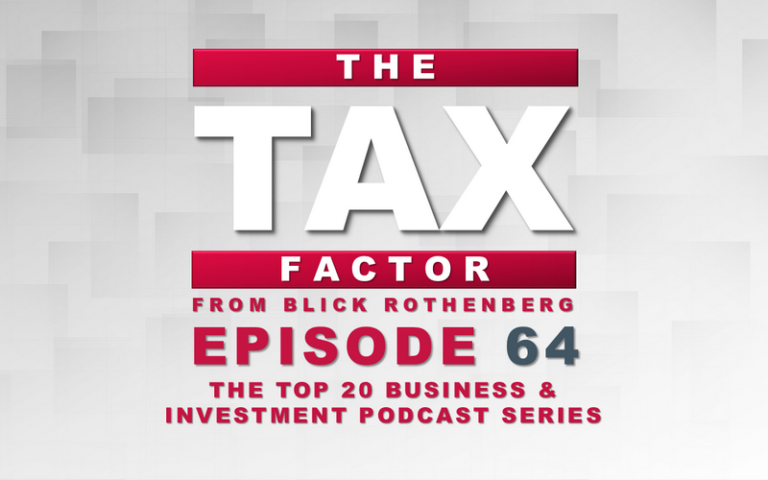

Blick Rothenberg partners with Lloyd’s Bank British Business Excellence Awards
Blick Rothenberg is partnering with Lloyd’s Bank British Business Excellence Awards to sponsor the Mid-Size Business of the Year category

Six Blick Rothenberg Partners featured in Spears 500 2024
Six partners from Blick Rothenberg have been named in the Spears 500 ‘2024 Accountants & Tax Advisers Index'

Blick Rothenberg partners with Lloyd’s Bank British Business Excellence Awards
Blick Rothenberg is partnering with Lloyd’s Bank British Business Excellence Awards to sponsor the Mid-Size Business of the Year category

Blick Rothenberg partners with Lloyd’s Bank British Business Excellence Awards
Blick Rothenberg is partnering with Lloyd’s Bank British Business Excellence Awards to sponsor the Mid-Size Business of the Year category

Blick Rothenberg partners with Lloyd’s Bank British Business Excellence Awards
Blick Rothenberg is partnering with Lloyd’s Bank British Business Excellence Awards to sponsor the Mid-Size Business of the Year category

Blick Rothenberg partners with Lloyd’s Bank British Business Excellence Awards
Blick Rothenberg is partnering with Lloyd’s Bank British Business Excellence Awards to sponsor the Mid-Size Business of the Year category

International Expansion Journey
Our new online guide takes you through the key stops on the international expansion journey

Establishing a Business in the UK Guide - 2023
Practical information on the UK tax & accounting implications of setting up and running a business in the UK

Establishing a Business in the UK Guide - 2023
Practical information on the UK tax & accounting implications of setting up and running a business in the UK

Establishing a Business in the UK Guide - 2023
Practical information on the UK tax & accounting implications of setting up and running a business in the UK

FT Weekend Festival 2023 – Pensions clinic
CEO Nimesh Shah appeared at the Financial Times Weekend Festival on an ‘Ask the experts’ panel on pensions chaired by Consumer Editor Claer Barrett.

US Expansion Services
Our team of dual-qualified tax professionals are here to help businesses successfully grow their business in the US.

HMRC should standardise gift tax law to apply equally to all taxpayers
Gifts to politicians should be taxed

HMRC should standardise gift tax law to apply equally to all taxpayers
Gifts to politicians should be taxed

Success Stories – Episode 5
Audit, Accounting & Outsourcing Partner Daniel Burke talk with Dino Sura, Managing Director of global restaurant business Burget & Lobster.

The Tax Factor
Episode 64 - Gary Lineker, Frankie Dettori and the non dom castle

Global Talent 24 - A Spotlight on the Life Sciences sector
The trends and best practice emerging in 2024 and beyond.

HMRC should standardise gift tax law to apply equally to all taxpayers
Gifts to politicians should be taxed






